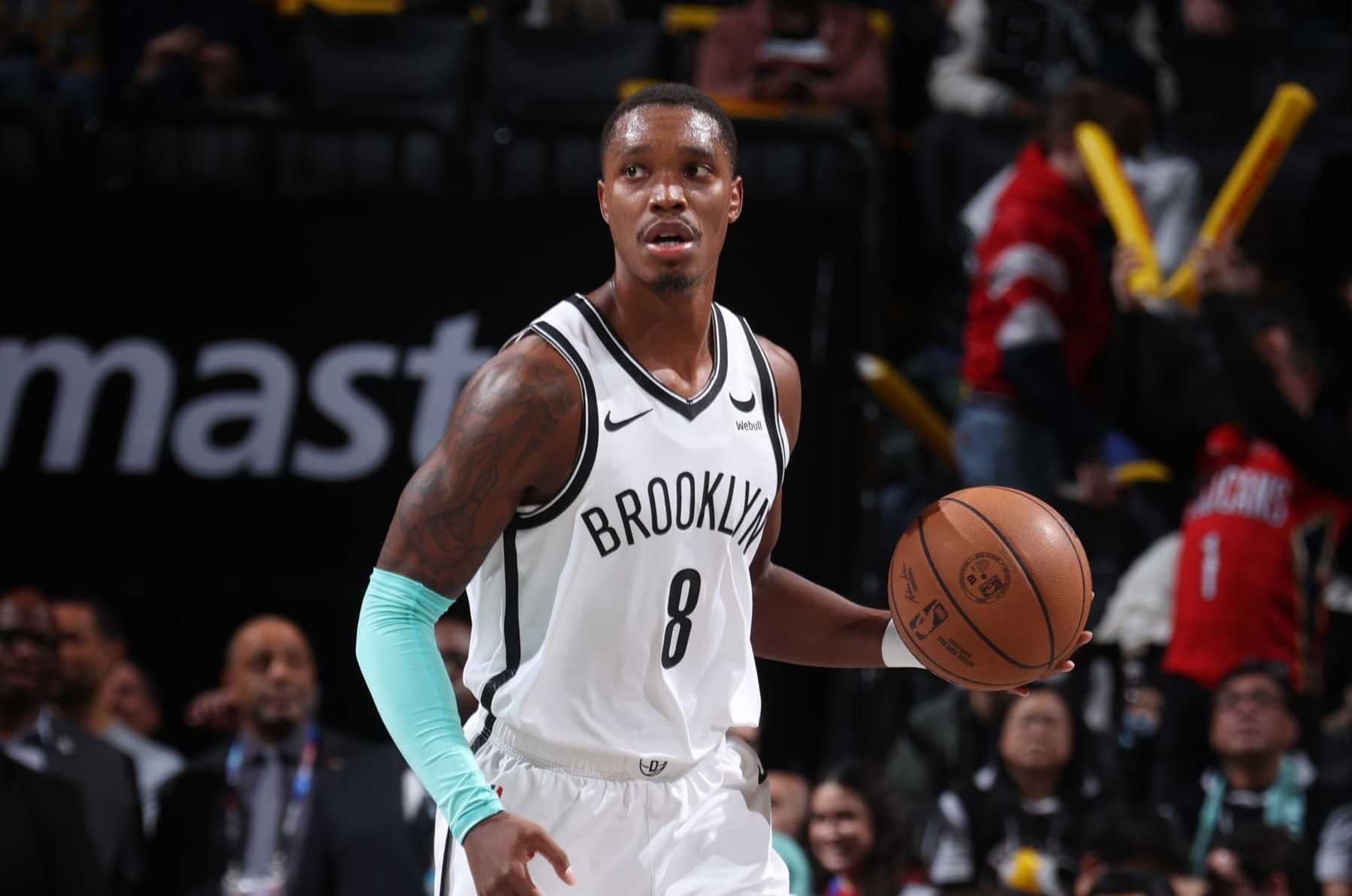Most NBA teams’ spending power (which includes cap space and cap exceptions) is already gone, but plenty of rosters still need to be filled out.
And there are some potentially helpful free agents who are available, likely to sign for the minimum and would fit with any team.
None of the players here are likely to move the needle a ton. They might be on the third unit. But if injuries or other players’ failures to meet expectations forced them into the rotation, they’d be ready.
The five minimum-contract free agents every team could use can be found below.
Whether it was a bone bruise or simply falling out of the rotation, Robert Covington didn’t have much of a role after coming back to the Philadelphia 76ers in the James Harden trade, but it’s too early to completely count out his ability to have a three-and-D impact.
The 33-year-old forward certainly isn’t in his prime, but he’s also not totally over the hill, either. He’s 6’7″ and has a 7’2″ wingspan. He’s played plenty of 3 and 4 in his career. At this point, he might even be able to play some small-ball 5.
He’s generally seemed pretty content with being a low-usage offensive player who also has to spend the bulk of his minutes taking on difficult defensive assignments.
And even in this post-prime phase of his career, he’s averaged 1.4 threes, 1.2 steals and 1.0 blocks in just 21.7 minutes, while shooting 37.9 percent from deep, over the last three seasons.
On the minimum, he would be an easy addition to any team’s forward rotation.
Justin Holiday was exactly the kind of player described in the intro.
He’s 35 years old and isn’t going to produce big numbers for anyone. But after spending much of 2023-24 out of the Denver Nuggets’ rotation, he ably stepped up when called upon down the stretch.
He’s not quite as rangy as Covington (though he has a 7’0″ wingspan), but he’s probably a more reliable three-point shooter. Last season, he hit 40.4 percent of his attempts from deep.
And over the last 16 games, when Denver was getting more serious about chasing the No. 1 seed, his minutes increased and he shot 42.2 percent from three.
That led to a small but meaningful role for the veteran in the postseason.
Again, Holiday isn’t likely to join anyone and immediately storm up the depth chart, but he’s also proven himself to be OK with that. He can step into big games at a moment’s notice and comfortably fill the role of a floor spacer tasked with guarding multiple positions on the other end.
Although he can’t be trusted on defense like Grant or Holiday, Doug McDermott’s biggest strength happens to be the most important skill in basketball.
He’s hit at least 41 percent of his threes in each of his last three seasons and his 41.0 career percentage ranks ninth among the 214 players with at least as many attempts.
He doesn’t provide much in the way of ancillary contributions. Over the last three seasons, he’s averaged 1.7 rebounds, 1.3 assists, 0.2 steals and 0.1 blocks in 19.2 minutes, but if you need shooting in a pinch, he can provide.
And there are plenty of times over the course of a season in which every team needs shooting in a pinch.
Lonnie Walker IV was a first-round pick and is only 25 years old. This may be a little earlier than he expected to be playing on minimum contracts, but that’s where he was in 2023-24. And after most of the league’s cap space and exceptions have already been spent, that’s probably where he’ll be again in 2024-25.
And if a team lands him on such a contract, he’ll be one of the bigger bargains in the league.
At 6’4″ with a 6’10” wingspan, Walker has good size for a guard. He’s a solid athlete and slasher who’s recently become more reliable from three, too.
Over the last two seasons, he’s averaged 10.7 points and 1.7 threes, while shooting 37.5 percent from deep. And earlier in his career, he showed a bit of promise as a secondary creator.
If he can now merge those elements of his game, he could be the kind of combo guard who’d bolster any rotation.









